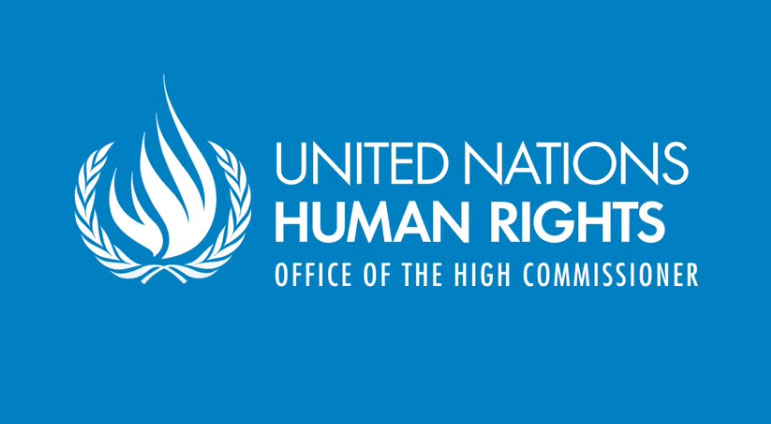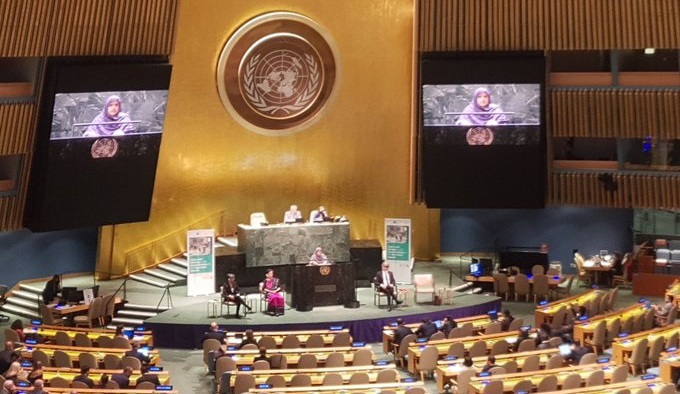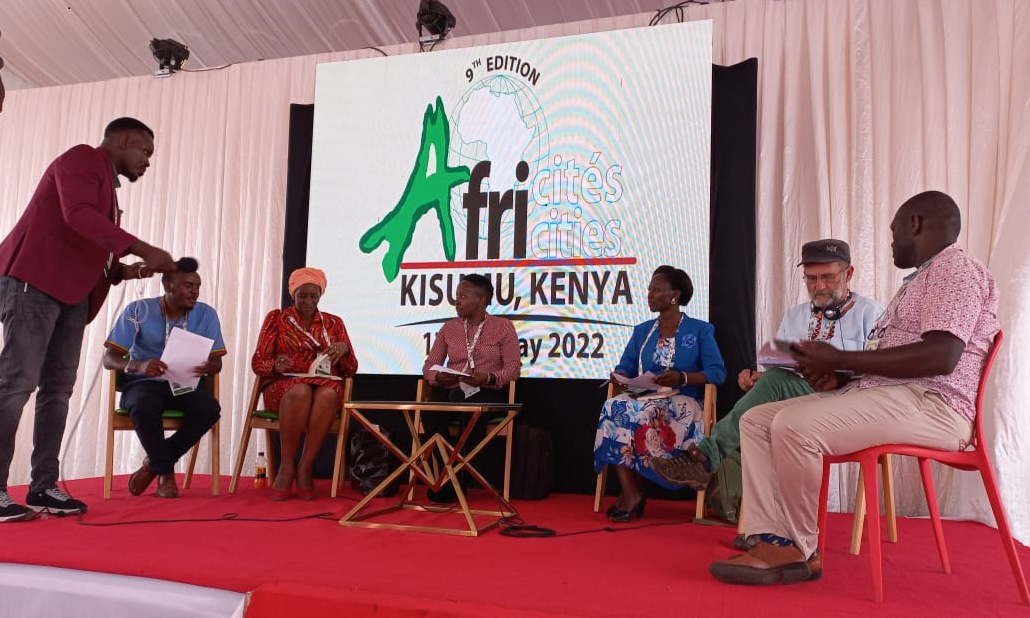
SANTIAGO / GENEVA (28 April 2017) – “Inequality is one of the hallmarks
of Chilean society, and this is starkly apparent in the housing situation in
the country” underlined the UN Special Rapporteur on the right to adequate
housing, Leilani Farha, who today ends a ten-day official visit to
the country.
“It is unusual to see a country that has successfully delivered homeownership
to such a large number of low and middle income households, who can in turn
pass it on to their descendants”, Ms. Farha said. “This secure tenure, however,
has come at the expense of essential aspects of housing as a human right:
location, quality and habitability, as well as access to transportation and
employment opportunities”, the Special Rapporteur highlighted.
The market driven approach to housing for vulnerable groups has contributed to
the segregation of people in Chile based on socio-economic status, according to
the UN expert. “Traveling to different places in Chile, including to informal
settlements, I have witnessed sharp divisions between neighbourhoods,
particularly with respect to the type and quality of housing, and the services
around them”, she said.
The UN expert said she was shocked by the abandonment by the government of
people who are homeless, many of whom have disabilities. This population is
basically invisible. They are offered few to no government services and
certainly no housing options but for periodic shelter and charitable services.
Ms. Farha was heart-broken to hear of the discrimination faced by migrants,
both documented and undocumented, in accessing adequate housing. “I call on the
Government of Chile to reform its migration law, including with explicit
references to access to housing and to regulation and monitoring of private
sector lessors”, she said.
The Special Rapporteur acknowledged that the Government of Chile has put in
place programmes to enhance inclusion and integration as well as a number of
innovative pilot programmes addressing distinct housing needs.
“However, without addressing housing as a human right, signalling a shift away
from the view that housing is a commodity I fear vulnerable populations in
Chile will continue to experience housing inequality which is unacceptable in a
country that has indicated its strong commitment to human rights.”
During her ten-day mission to the country, the expert went to Santiago,
Valparaiso, Viña del Mar, Temuco, and Antofagasta and met with senior
Government officials at national, regional and municipal levels, as well as
with residents, civil society and community organisations.
A detailed report of her findings will be presented to the UN Human Rights
Council in March 2018.
ENDS
Ms. Leilani Farha (Canada) is the UN Special
Rapporteur on adequate housing as
a component of the right to an adequate standard of living, and on the right to
non-discrimination in this context. She took up her mandate in June 2014. Ms.
Farha is the Executive Director of the NGO Canada without Poverty, based in
Ottawa, Canada. A lawyer by training, for the past 20 years Ms. Farha has
worked both internationally and domestically on the implementation of the right
to adequate housing for the most marginalized groups and on the situation of
people living in poverty. Learn more:
Special Rapporteurs are part of what is known as the Special Procedures of
the Human Rights Council. Special Procedures, the largest body of independent
experts in the UN Human Rights system, is the general name of the Council’s
independent fact-finding and monitoring mechanisms that address either specific
country situations or thematic issues in all parts of the world. Special
Procedures’ experts work on a voluntary basis; they are not UN staff and do not
receive a salary for their work. They are independent from any government or
organization and serve in their individual capacity.
For more information and media requests, please contact:
In Chile (during the visit): Juana Sotomayor, Human
Rights Officer/ OHCHR, at +56 9 42036787– local-
or +41 79 444 4078/jsotomayor@ohchr.org)
and María Jeannette Moya: +56 2 2210 2977/mmoya@ohchr.org)
In Geneva (before and after the visit): Juana
Sotomayor (+41 22 917 9445/jsotomayor@ohchr.org)
or write to srhousing@ohchr.org
UN Human Rights, Country Page: Chile
OHCHR Regional Office, Chile
For media inquiries related to other UN independent experts:
Xabier Celaya, UN Human Rights – Media Unit (+
41 22 917 9383/xcelaya@ohchr.org)
You can access this news release online
Tag and share – Twitter: @UNHumanRights and
Facebook: unitednationshumanrights


